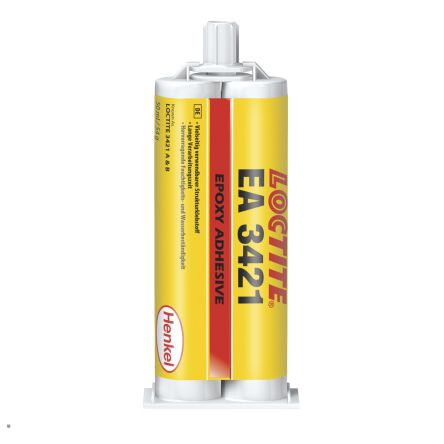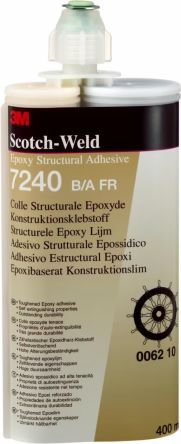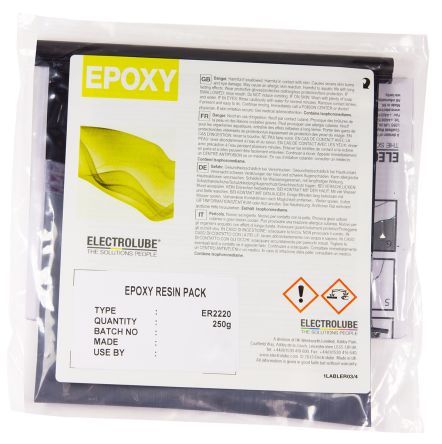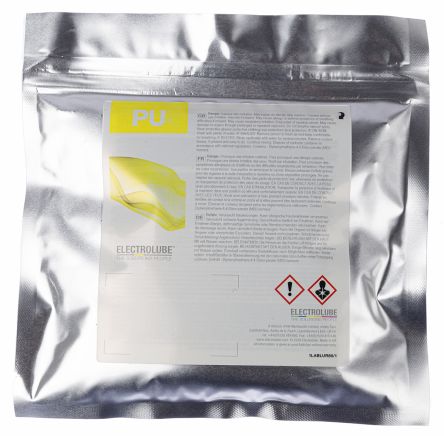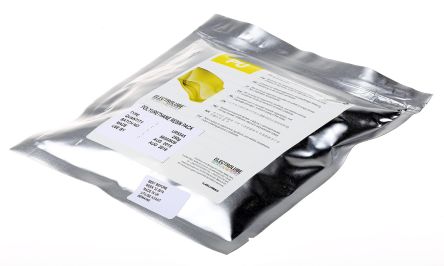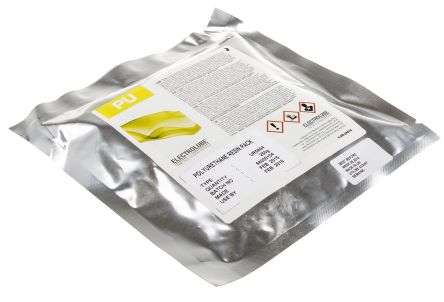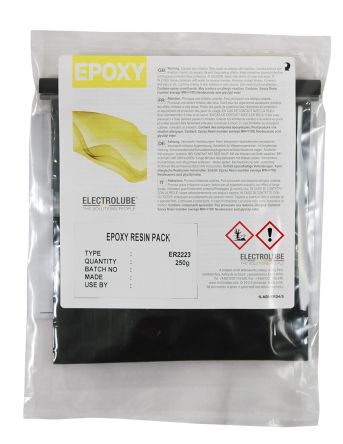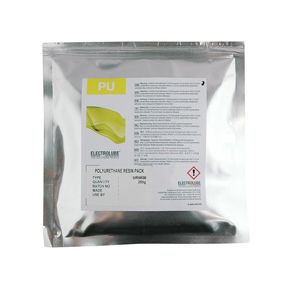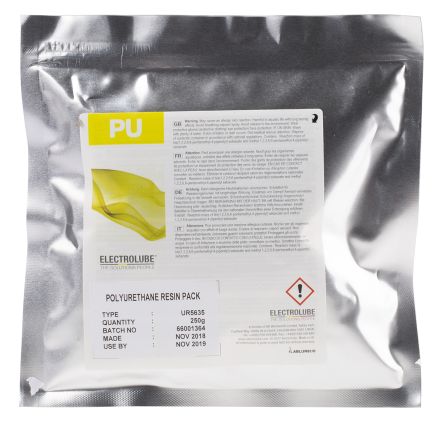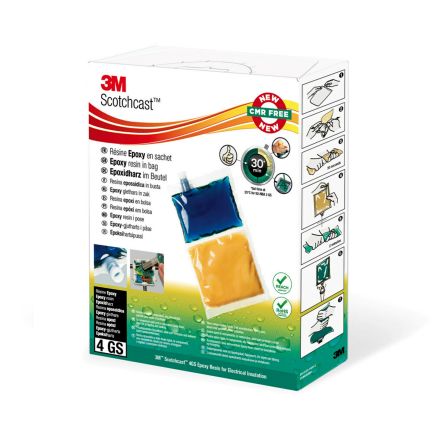- Automation & Control Gear
- Cables & Wires
- Enclosures & Server Racks
- Fuses & Circuit Breakers
- HVAC, Fans & Thermal Management
- Lighting
- Relays & Signal Conditioning
- Switches
- Batteries & Chargers
- Connectors
- Displays & Optoelectronics
- ESD Control, Cleanroom & PCB Prototyping
- Passive Components
- Power Supplies & Transformers
- Raspberry Pi, Arduino, ROCK, STEM Education & Development Tools
- Semiconductors
Resins
- When searching for resin information online, you will likely encounter terms such as epoxy resin, polyester resin, and synthetic resin repeatedly.A growing number of people are turning to epoxy resin for their projects. Let's find out what resin is and how does it work?
What is Resin?
A resin is a viscous substance capable of converting into a rigid polymer under cure conditions. There are certain conditions under which resin hardens, for example, heat, exposure to light, or mixing with setting agents and hardeners.It is possible to find them naturally or make them synthetically to suit a range of applications and uses. On the other hand, natural resins are organic substances that are fusible and can either be transparent or translucent. Synthetic resins have similar characteristics, but have different chemical compositions and are usually clear. When they are a liquid before polymerizing and setting, they are referred to as casting resins.Based on the manufacturer's specifications, different epoxy or synthetic resins are suitable for a wide range of applications. It is possible to cure a variety of resins, each with a different curing process, hardness, and sensitivity. Epoxy resins can also be selected based on their resistance to heat and maximum layer thickness, among other properties.Let's take a look at different types of resins.Epoxy resin
Epoxy resins are characterised by their excellent durability, strength, chemical resistance and low absorption of moisture. Commonly used for laminating, epoxy resin can be used as a protective coating as well as on materials in circuit boards and for patching holes in concrete pavements.These versatile resins offer high strength and resistance to corrosion. Epoxy offers a high strength-to-weight ratio and dimensional stability as well as adhesion properties which make them ideal for a wide range of applications. Different epoxy resins are produced by varying the ratios of the chemical components.Polyester resin
Sometimes referred to as unsaturated polyester resin or more simply polyester is a type of adhesive paste, filler and laminating resin.The polyester resin normally comes as a pale, viscous solution or paste containing a polyester solution, normally styrene. They have a fast cure time and can be used as a sealant on a variety of materials, thanks to their resistance to chemicals and harsh weather. MEKP is the catalyst added to the polyester resin in order to cure (harden) the resin.What resins can do for you?
Resin is one of the most versatile materials when it comes to its applications, and anyone who wants to learn about it will enjoy exploring its versatility. You can use this resin for a variety of crafty DIY projects, as well as for commercial and industrial applications.The main purpose of resins is to fuse or mould objects together. Although they can be used for a variety of applications, glue is their primary function.Listed below are some of the uses for resin.Resins are useful for fixing things or glueing them together.Useful for building renovations.You can also Seal garage floors with resins to make them waterproof.What to look for when comparing resin products
Resins come in a wide range of types, each with its own properties that make them ideal for a variety of projects and applications.Depending on the resin, it will take a different amount of time to cure, heat resistance, layer thickness, and final strength.Taking into account these characteristics will help you choose the right resin for your project.According to the product, the resin has the following properties:Curing timeSurface adhesion on a range of materialsEnd product durability
페이지 당 결과 수
